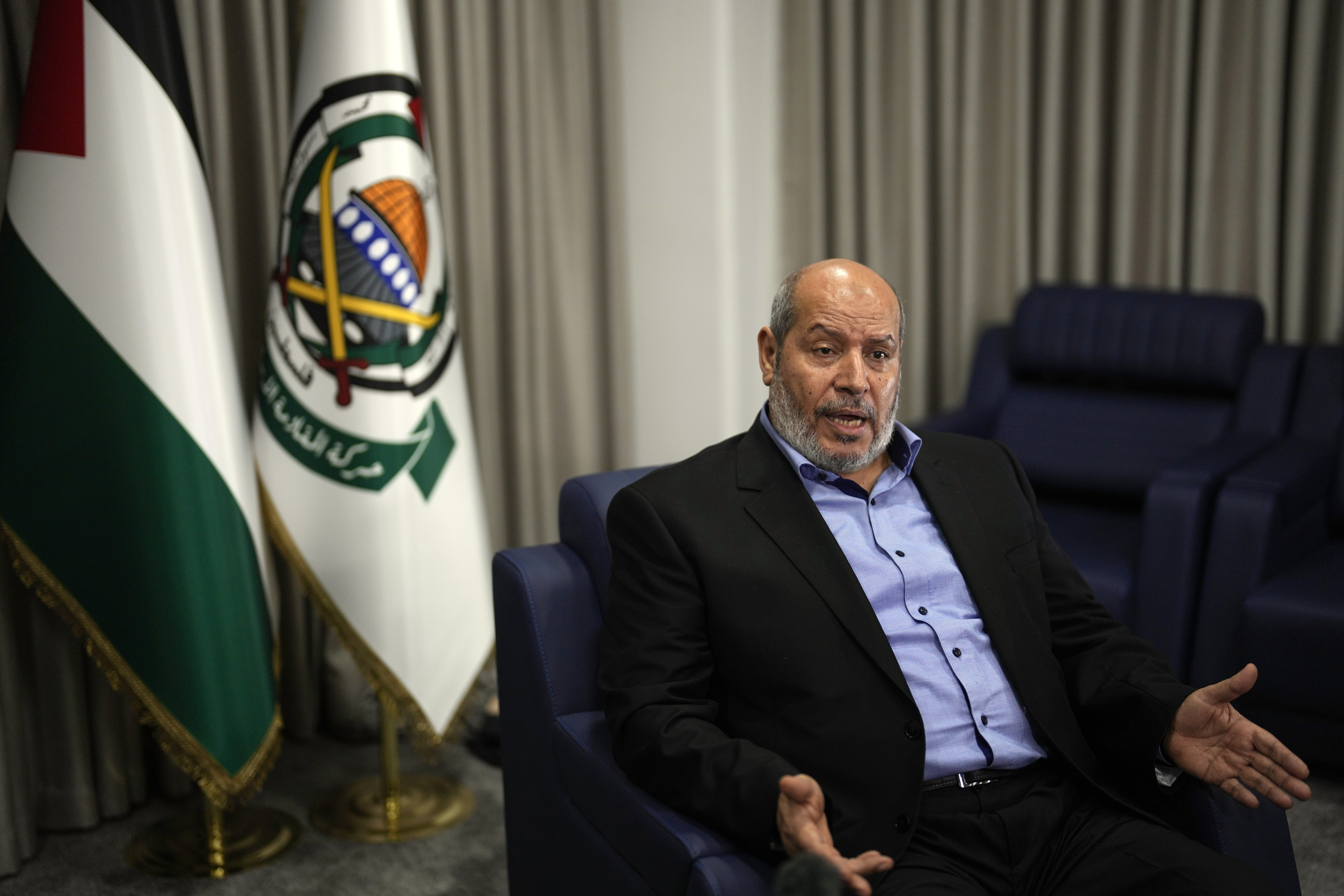Before they head out, the women pack plenty of water: at least two canteens and a CamelBak hydration system each, along with extra safety glasses, snacks, and ready-to-eat meals in case the shift runs long. They also bring “ponies,” short lengths of hose to attach to a hydrant or other apparatus. The backpack weighs nearly 40 pounds in the end.
Sandra Welsh is a firefighter. But unlike most California firefighters, she is only paid $2 per day and doesn’t get to go home at the end her shift. Because she's also a prison inmate.
“We are the ones that do the line. We are the ones that carry the hose out. We’re the line of defense,” Welsh said in a recent interview with NBC News. Welsh, an inmate at Malibu Conservation Camp #13, is one of about 200 incarcerated women incarcerated around the state who fight fires in California.
Her group is on standby as firefighters battle the Canyon 2 fire in the Anaheim Hills. But other women are part of the fight against the fires currently devastating the state, which have claimed 21 lives and destroyed 3,500 structures over the past few days.
"We have female crews from other camps working on the Canyon Fire in Anaheim and also up in Napa," said Bill Sessa, a spokesman for the corrections department. "The crews from the Malibu camp are on standby and also have to provide back-up fire protection for L.A. County."
The status of the crews could change quickly depending on conditions, he said.
About 3,800 inmates, both women and men, fight fires in California, making up about 13 percent of California’s firefighting force. The fire program saves taxpayers $124 million per year, according to the California Department of Corrections and Rehabilitation.
U.S. & World
News from around the country and around the globe
In the fire program, the women do the same work as the men.
“We basically fight fires and it gives us a chance to better ourselves mentally and physically,” Latoya Najar, an inmate at the Malibu camp, told NBC News last month.
Working in crews of 14, the women use hand tools and chain saws to cut containment lines that stop fires from spreading.
“Every day is a difficult day,” Najar said. “This will show you that you can do anything you put your mind to.”
Malibu Conservation Camp #13 in Southern California is one of 43 conservation fire camps for adults run by the corrections department, and one of three such camps for female inmates. Inmates in the camps work hundreds of fires each year. Women at the Malibu camp, for example, have been called out on 177 fires so far this year, Sessa said.
Sandra Welsh decided to volunteer in the program for the sake of her two children.
“This prison trip has taken a lot out of their lives and I wanted them to have something to hold onto,” Welsh, who is also at the Malibu camp, told NBC News. “My mom’s a firefighter. I might be an inmate firefighter, but I’m a firefighter.”
Inmates must volunteer to be in the program, and there are many benefits that motivate the women to sign up, said Sessa of the corrections department.
"They get paid better than any other prison job," he said. The pay is $2 per day day in camp and $1 per hour for time on the fire line.
Being housed in a camp is an "improvement" over the confines of a traditional prison behind an electric fence, he said.
Another incentive is that inmate firefighters earn two days off their sentence for each day they're in the fire camp, as compared to other California inmates who can earn just one day for each day of good behavior.
Still, at least one California politician has called the program's low pay "slave labor."
Gayle McLaughlin, the former mayor of Richmond, Calif., and a candidate for lieutenant governor in the state, said she does support the fire programs.
"But they must be paid fairly for each day of work – and $1 an hour is not fair pay," she wrote in September on her campaign website. "No matter how you may want to dress it up, if you have people working for nothing or almost nothing, you’ve got slave labor, and it is not acceptable."
Not all inmates are eligible to volunteer for the fire program.
To participate, inmates must be convicted of a non-violent crime, have a record of good behavior and pass physical examinations. If an inmate has a history of sexual offenses, arson or any history of violent escape, they’re automatically disqualified from the firefighting program. Qualified volunteers are trained by Cal Fire and then receive additional wildfire training in the camps. Training focuses on endurance because shifts can be as long as 16 hours, inmates say.
When she first came close to a fire, inmate Helen Chung was terrified.
"I said, 'Oh my god, we're actually in the fire,'" she told NBC News for its report.
But she says attitude is everything.
"You have to be very positive and make the most of your situation and your circumstances," Chung said. "But these are challenges that I’ve overcome and I’m proud to be here."
Other inmates also find the work rewarding.
"You get to save people’s houses,” said Melissa Logan, an inmate who fought fires at the Malibu camp but is now housed at the California Institution for Women in Chino. “You get to help people. It’s really gratifying and empowering when you’re driving by and people are holding up signs saying ‘Thank you, firefighters’ and they’re crying because you just saved their homes."
Inmates in the fire program are less likely to be rearrested after release than other inmates.
In the general prison population, three quarters of prisoners are arrested again within five years of release, according to studies by the Bureau of Justice Statistics. But these rates in the firefighting program are 10 percent lower, according to the corrections department.
"This is not a vocational program," Sessa said. "It is not designed to teach inmates how to be full-time firefighters. But they learn many life skills that they will say help them succeed in life when they leave prison… leadership, discipline, teamwork, responsibility."



